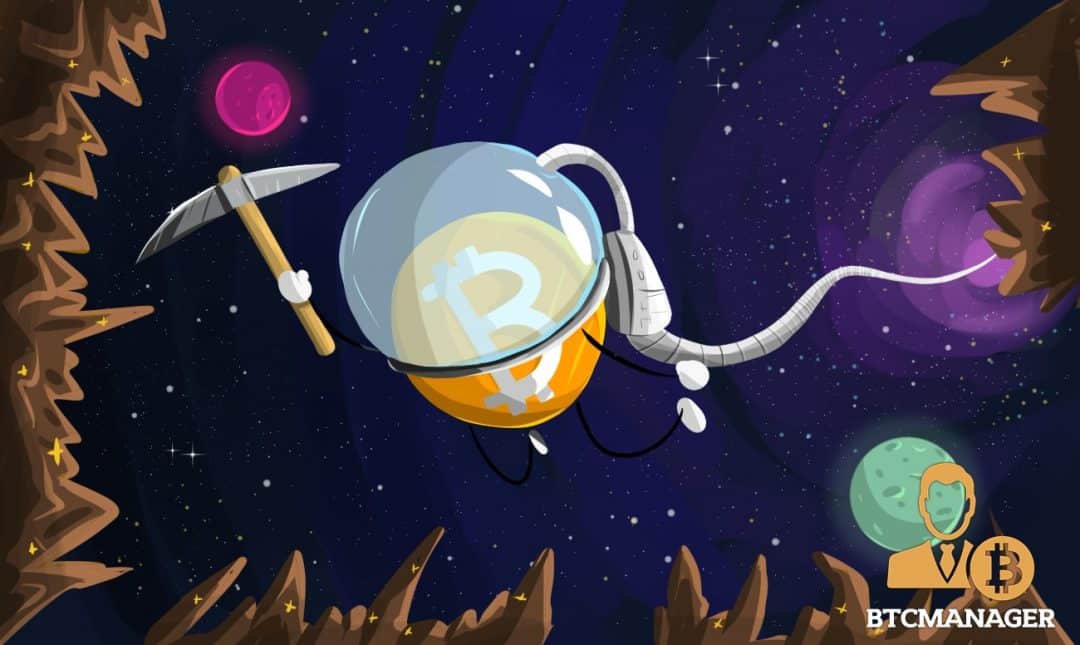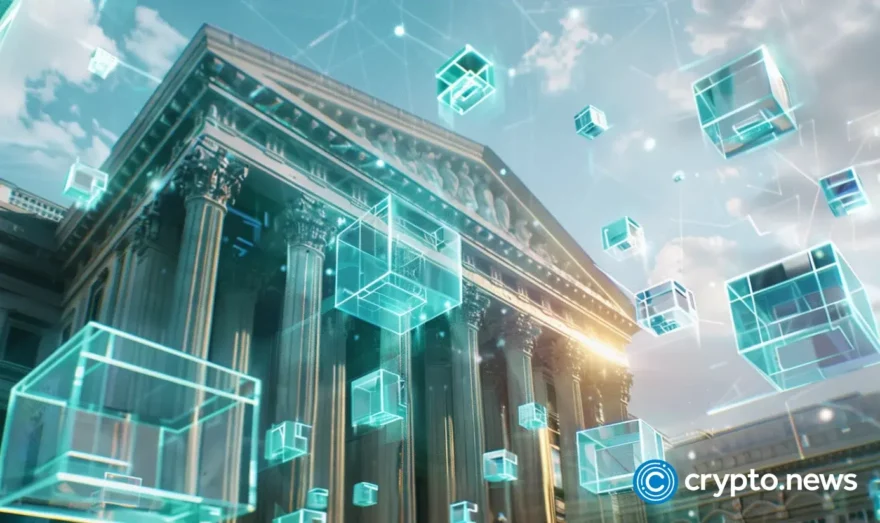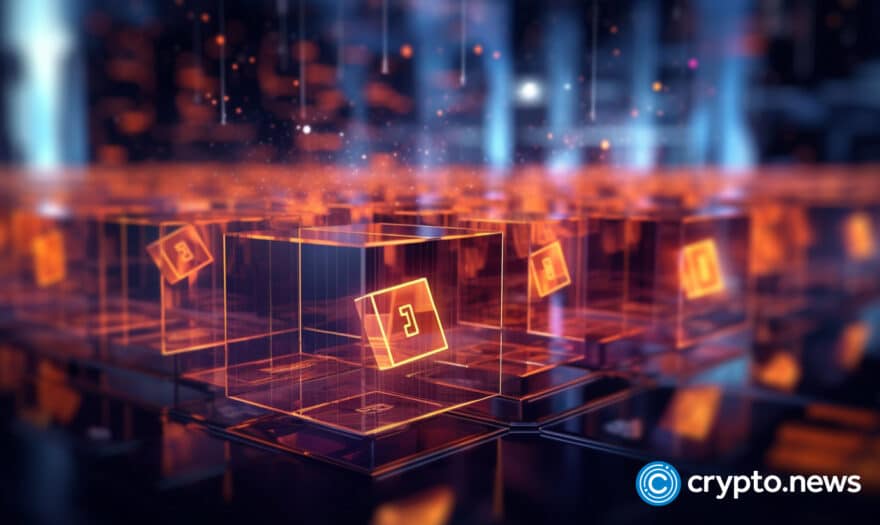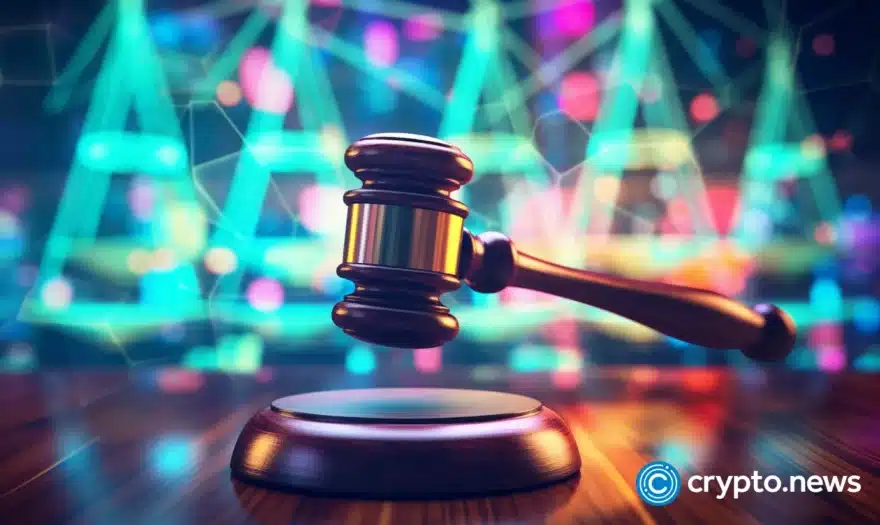A Prediction for the Near Future: Bitcoin Mining in Space

In his blog, Peter Todd explains the difference between pure fantasy and “hard sci-fi”. If you’re not familiar with the latter term, it refers to science fiction with a focus on scientific accuracy. It walks the line between a Robert A. Heinlein novel and a conversation with Carl Sagan. With this in mind, Todd lances his speculation for transporting large amounts of solar energy from space to Earth. The vehicle of choice? Blockchain technology.
Rocket costs dropping down asymptotic curve to $0. I expect many satellite systems competing in the extraterrestrial #Bitcoin mining space.
— MAX (@maxkeiser) August 15, 2017
In a tweet on August 16, Todd responded to Max Keiser’s comments, “a lot cheaper to beam solar power collected in space back to Earth in the form of blocks than as electricity.” Naturally, the advantage of collecting solar energy in space is the fact that, “…there’s none of those annoying clouds to get in the way.”
Further, at the Breaking Bitcoin conference on September 10, Todd stated:
“He is absolutely right, if you do have these solar panels and power in space, the easiest way to get the power back, or at least the money that the power represents, is in terms of bitcoin… If you did somehow solve the challenge of solar power in space, adding to it a Bitcoin miner is pretty easy.”
Todd also explained that NASA’s probes near the Sun illustrate that this potential area could be a good location for solar-powered bitcoin miners, but given the latency and that the majority of hashpower is on Earth, it would be unprofitable. But, in this thought experiment, if the majority of hashpower was in one place, namely in space near the Sun, “in that circumstance, it’s not me that has to worry about this latency, it’s Earth.”
The speculative aspect of this project comes to whether or not space-based solar power would ever actually become practical. One of the greatest challenges of attempting to gather solar energy from space-based satellites, for instance, comes from the difficulties of maintaining over a long period of time. The European Space Agency reported that, “due to the harsh space environment, the lifetime of current solar panels in space is significantly shorter compared to the Earth surface.” This then makes the prospect a bit more financially strenuous and ultimately less efficient.
Blockstream Satellite
Outside of attending blockchain conferences and blogging, Todd is a cryptography consultant, or simply put, involved in blockchain technology. His interest in the nexus of Bitcoin mining and space-based solar power comes from another company, Blockstream.
Blockstream released a satellite on August 15 that began broadcasting real-time bitcoin transactions and blocks to the Bitcoin network. As this information will then be rendered accessible to anyone (including those not currently connected to the internet), it would further democratize the cryptocurrency movement. From there, Blockstream hopes to continue stimulating the popularity of Bitcoin around the world.
The Blockchain in Space
The implications of blockchain technology are far-reaching and like Peter Todd implies, the fictive is not so far from actualization. While mining in space is one interesting prospect, as interest and the ability to colonize other planets, blockchain technology could be a potential driver of interplanetary trade. Juan Benet, inventor of the InterPlanetary File System (IPFS), has made it clear that the ‘InterPlanetary’ part of the name is serious and there are plans to merge this technology with the blockchain.
In April 2017, Benet envisioned a future where, “IPFS connects all these different blockchains in a way that’s similar to how the web connects all these websites together. The same way that you can drop a link on one page that links to another page, you can drop a link in ethereum [for example] that links to zcash and IPFS can resolve all of that.”
Theoretically, each planet or space colony could have their own blockchain and conduct interplanetary trade this way, but there are still many questions about the practicality and exact execution.
Whether it be improving access to solar energy, powering electricity grids in Japan, or revolutionizing the political landscape, there is something inherently functional in blockchain for every aspect of the 21st century.











